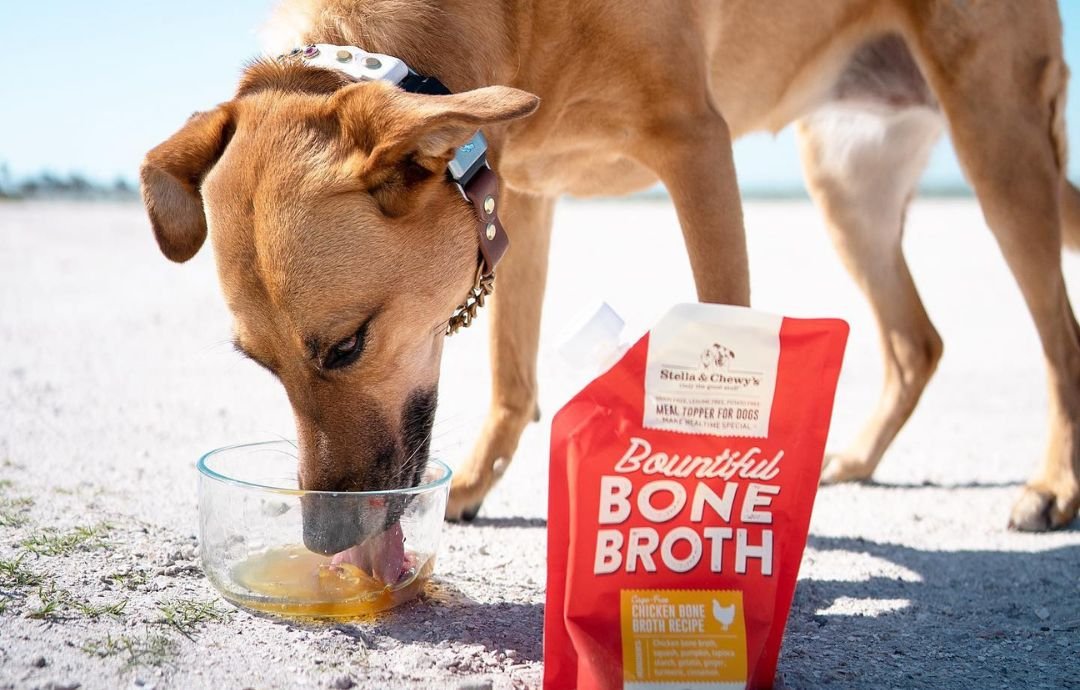Choosing the right dog food for puppies is one of the most important decisions you’ll make for your furry friend. A puppy’s diet plays a crucial role in their growth, development, and overall health. Providing proper nutrition ensures your puppy grows into a happy and healthy adult dog. In this article, ’wel guide you on how to pick the best food for your puppy, so they get the nutrients they need during this vital stage of life.
Why Choosing the Right Dog Food for Puppies Matters
Puppies grow quickly, and their nutritional needs are different from adult dogs. They require more protein, fat, vitamins, and minerals to support their rapid development. The right dog food ensures your puppy gets the energy and nutrients needed for strong bones, healthy teeth, and a shiny coat. Feeding your puppy the wrong food, such as adult dog food, can lead to nutritional imbalances and affect their growth.

1. Understand Your Puppy’s Nutritional Needs
The first step in choosing the right dog food for puppies is understanding their unique dietary requirements. Puppies need a diet that is high in calories and rich in protein. Proteins are the building blocks for muscle development, while calories provide the energy needed for play and exploration. Look for foods labeled specifically for puppies, as these are formulated to meet their needs.
2. Choose Age-Appropriate Food
Puppies grow at different rates depending on their breed. Small breeds mature faster than large breeds, so it’s important to choose food designed for your puppy’s size and age. Large-breed puppies, for example, require food with controlled calcium and phosphorus levels to prevent bone issues like hip dysplasia.
3. Look for High-Quality Ingredients
When choosing the right dog food for puppies, always check the ingredient list. The first ingredient should be a named protein source, like chicken, beef, or fish. Avoid foods with fillers such as corn, soy, or by-products. High-quality ingredients ensure your puppy gets optimal nutrition.
4. Opt for Balanced Nutrition
Puppies need a balanced diet that includes protein, healthy fats, carbohydrates, and essential vitamins and minerals. A complete and balanced puppy food will have all these nutrients in the right proportions. Check for an “AAFCO” statement on the packaging to ensure the food meets industry standards.
5. Decide Between Wet and Dry Food
Both wet and dry dog foods have their benefits. Wet food is more palatable and hydrating, while dry kibble helps maintain dental health. Some pet owners choose to combine the two for variety. Whichever you choose, make sure it’s labeled for puppies.
6. Check for DHA and Omega-3 Fatty Acids
DHA and omega-3 fatty acids are crucial for a puppy’s brain development and vision. These nutrients also support a healthy immune system. When choosing the right dog food for puppies, look for formulas enriched with these essential fatty acids.
7. Avoid Artificial Additives
Artificial colors, flavors, and preservatives have no nutritional value and can sometimes cause allergies or sensitivities. Stick to foods with natural preservatives like vitamin E or rosemary extract.
8. Consider Your Puppy’s Breed
Your puppy’s breed plays a role in their dietary needs. For instance, large breeds like Labradors and German Shepherds may require lower-calorie diets to prevent rapid growth, while small breeds like Chihuahuas need energy-dense foods to match their fast metabolisms.
9. Introduce New Foods Gradually
Switching your puppy’s food suddenly can upset their stomach. When transitioning to a new food, introduce it gradually over 7–10 days. Start by mixing a small amount of the new food with their current food, and increase the portion slowly.
10. Consult Your Veterinarian
If you’re unsure about choosing the right dog food for puppies, consult your vet. They can recommend a diet based on your puppy’s breed, age, and specific needs. A vet’s advice can be especially helpful if your puppy has allergies or medical conditions.
Conclusion
Choosing the right dog food for puppies is essential to ensure their healthy growth and development. By selecting high-quality, age-appropriate food and paying attention to your puppy’s specific needs, you can provide them with a balanced diet. Remember to read ingredient labels, avoid harmful additives, and consult your veterinarian for guidance. A well-fed puppy is a happy and energetic companion, ready to grow into a strong and healthy adult dog.











